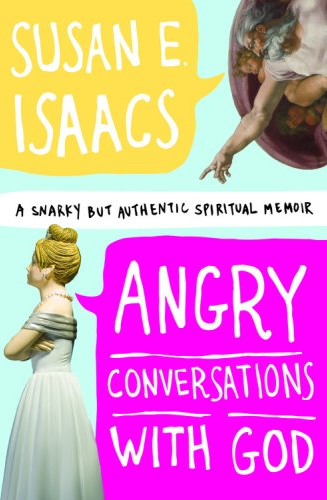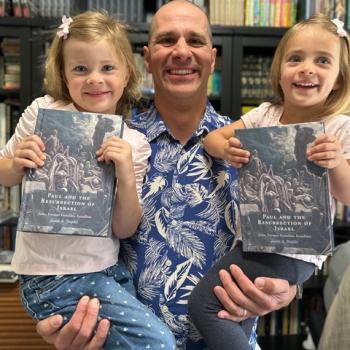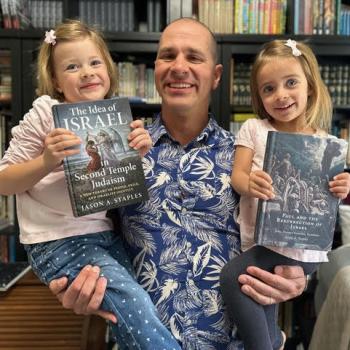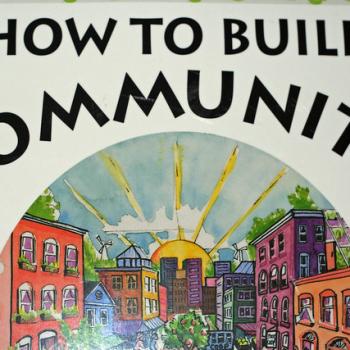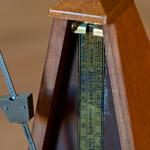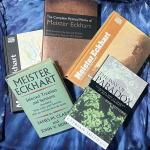Susan Isaacs is a friend of mine. We go to church together, usually a couple of rows apart.
In her book, Angry Conversations With God, Susan persuades God to go with her to couples counseling. It is a book that every spiritual director needs to read.
Susan’s solo show of Angry Conversations opens in Southern California next month.
Susan agreed to answer a few questions about writing and acting:
Susan, are you an actor who writes, or a writer who acts?
Well, both. Early on I was more of an actor who writes; now I’m more of a writer who acts. I have a lot more acting credits than writing. But the acting business is a young person’s business. I really love doing both. My favorite thing so far has been to perform material that I’ve written. Realistically (if one can even be realistic in such a fanciful business), there’s more of a future for me as a writer. I mean, few actresses are easy on the eyes once they get to a certain age.
What is your favorite book?
I’ll mention two: The Brothers Karamazov and A Prayer for Owen Meany. I read both over ten years ago, but I haven’t read any since then that match the depth and profundity of the stories.
Owen Meany is superbly written; wickedly funny and poignant. At the heart of it is a twist of fate, in which Meany’s seemingly meaningless disability becomes the agent of salvation for a group of innocent people. You are led up the garden path, right into what matters in life.
I think there’s a crisis in literature, because we’re having a crisis of values. What matters in a world where everything is so easy to get and easy to throw away? This is the theme of Brothers K. “If there is no God, all things are permissible.” Well, we are living in that world. This reminds me a of a quote from screenwriting guru Robert McKee’s book, STORY:
The cause for the decline of story runs very deep. Values, the positive/negative charges of life, are at the soul of our art. The writer shapes story around a perception of what’s worth living for, what’s worth dying for, what’s foolish to pursue, the meaning of justice, truth–the essential values. In decades past, writer and society more or less agreed on these questions, but more and more ours has become an age of moral and ethical cynicism, relativism, and subjectivism–a great confusion of values.
As the family disintegrates and sexual antagonisms rise, who, for example, feels he understands the nature of love? And how, if you do have a conviction, do you express it to an ever-more skeptical audience? This erosion of values has brought with it a corresponding erosion of story.
When were you convinced that you were a real writer?
The first time I thought about it, I was at a crossroads in my professional life. I didn’t know what was more important, acting or writing; which I needed to pursue. I realized that I’d been keeping journals for over ten years. Writing was a form of prayer, a form of communication with God. I’d always written. And when I hadn’t been writing, I’d lost a sense of where I was. That was the first realization. I guess the next time was when I was writing, performing and producing a sketch comedy show in New York. When I finally got some of my work out there for people to see, and they reacted positively, I knew I was a writer.
What is the most rewarding thing about acting for you? About writing?
Well, when you are acting and connecting with the audience or your fellow actors, that is really fun. I feel that most when I’m doing comedy, live comedy either scripted or improvised. That’s a real thrill. Writing, the most rewarding thing is receiving an email from someone who’s read my book. I’ve gotten emails from people who read the book and as a result, are considering going back to church, or approaching God again.
When I’ve performed my solo show, I get the connection with the audience, and the same feedback afterward: people who are reconsidering God or evaluating their own expectations on God. That makes it all worthwhile.


